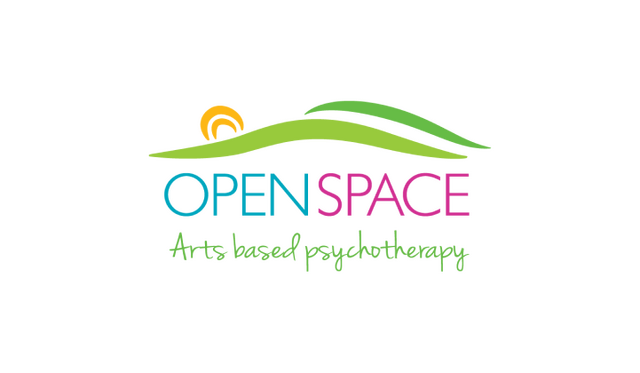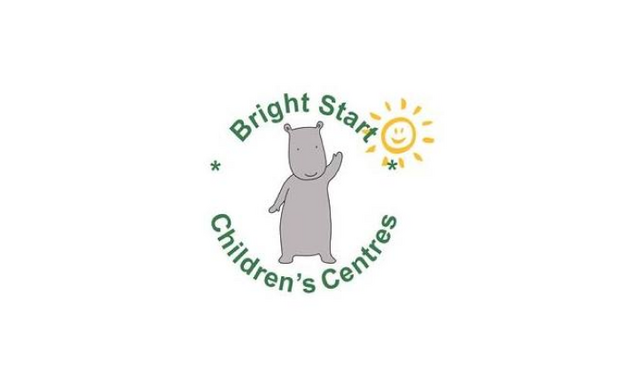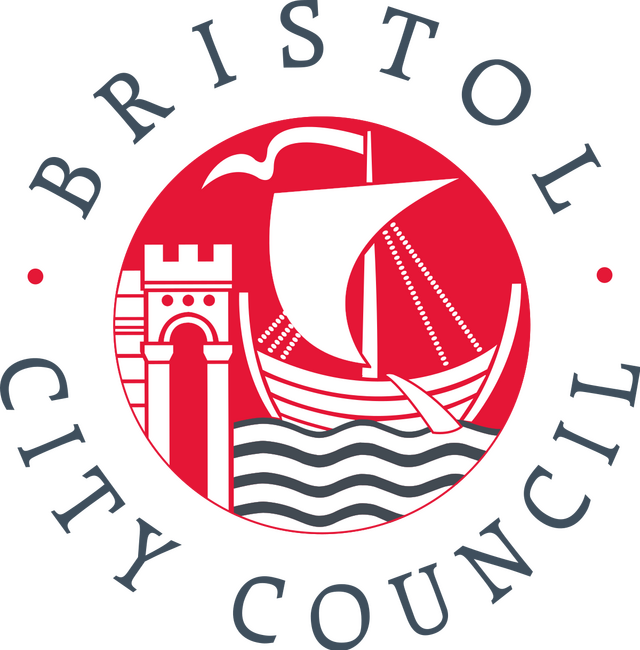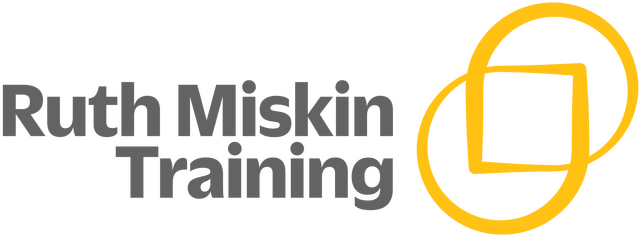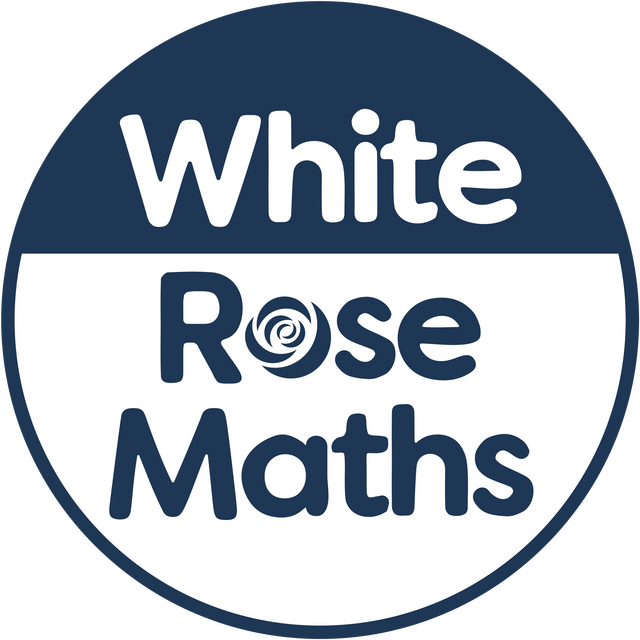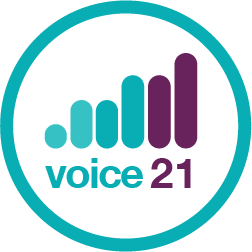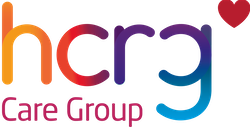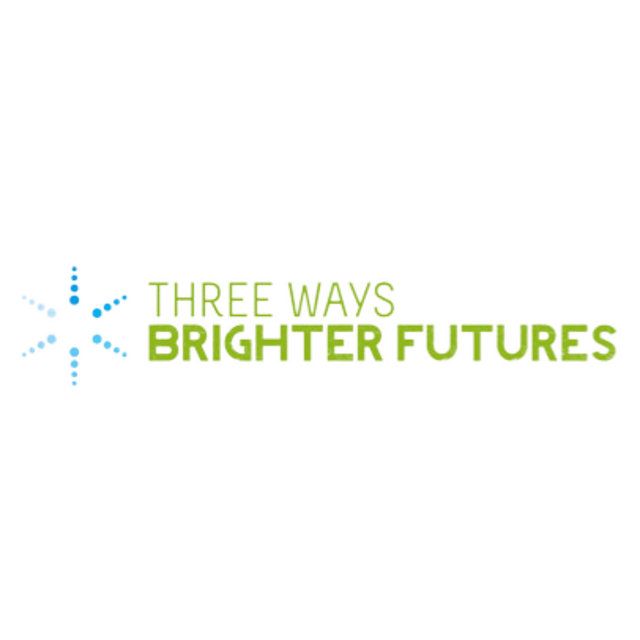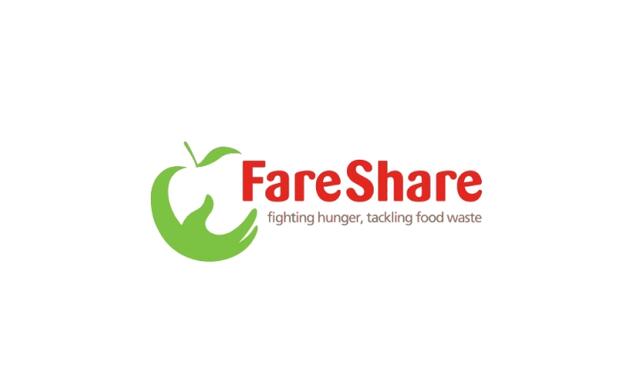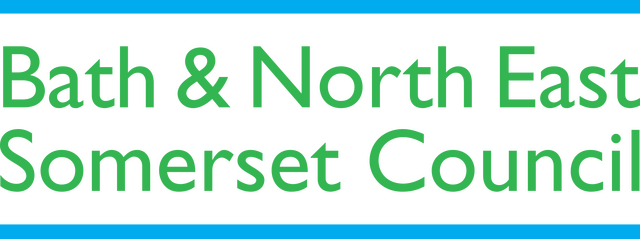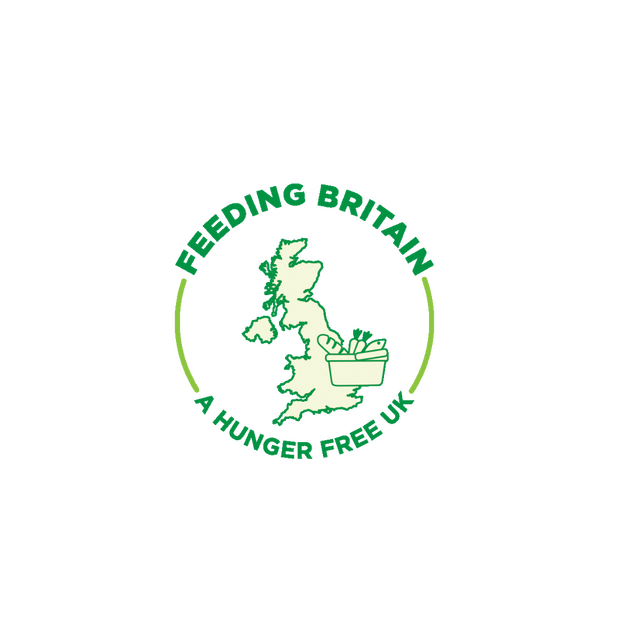Best start in life
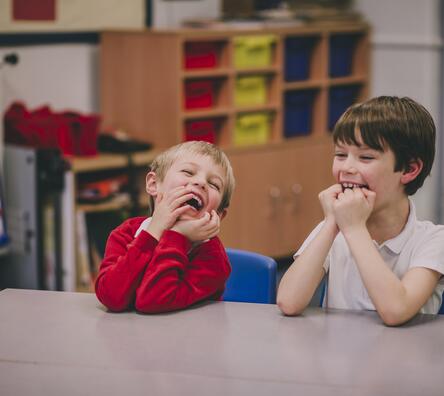
Our ambition is to narrow the Key Stage 2 educational attainment gap.
Our work with
pre-school children
Language for Life
Our ambition is to increase the number of children aged 2-5 reaching their age-related expectations.
Evidence shows the importance of speech and language development in young children, since it is fundamental to their ability to learn. As they learn, it is also crucial for children to get help to develop their communication skills so they are able to manage their emotions and behaviours. However, under-served children often arrive at school with lower speech and language ability than their peers, leading to an early language gap.
Language for Life is a speech and language programme supporting nursery-age children to improve their communication skills. Every child is assessed and a personalised plan is developed for those requiring support.
The hope is that more under-served children will begin their school life with the level of speech and language they need for a better chance of fulfilling a successful school experience.
Children we supported in 2021-2022
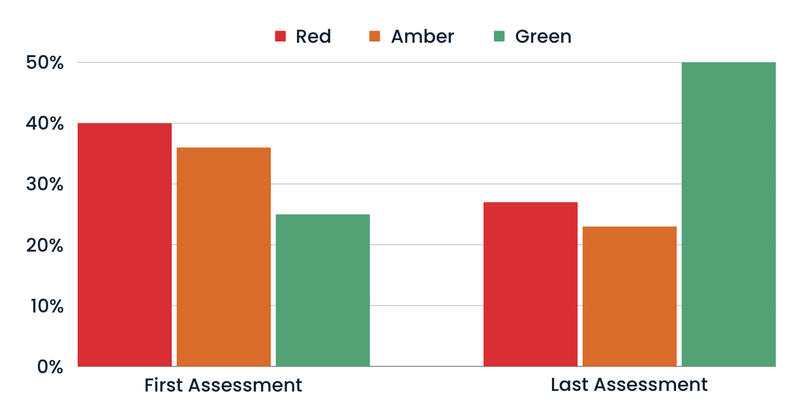
Children we supported in 2022-2023
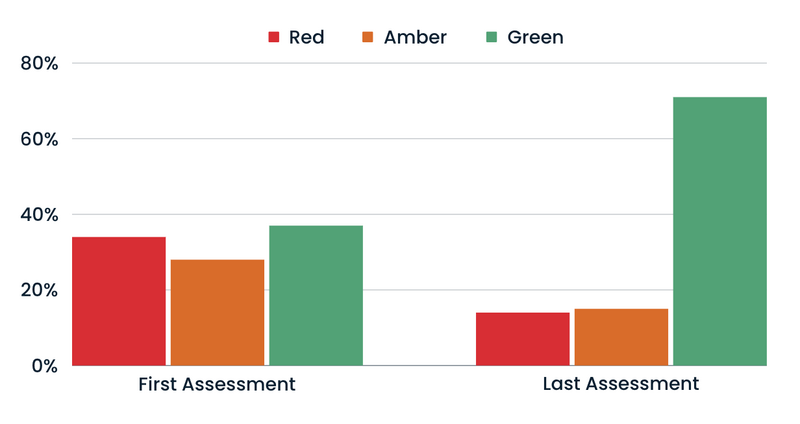
Children we supported in 2023-2024
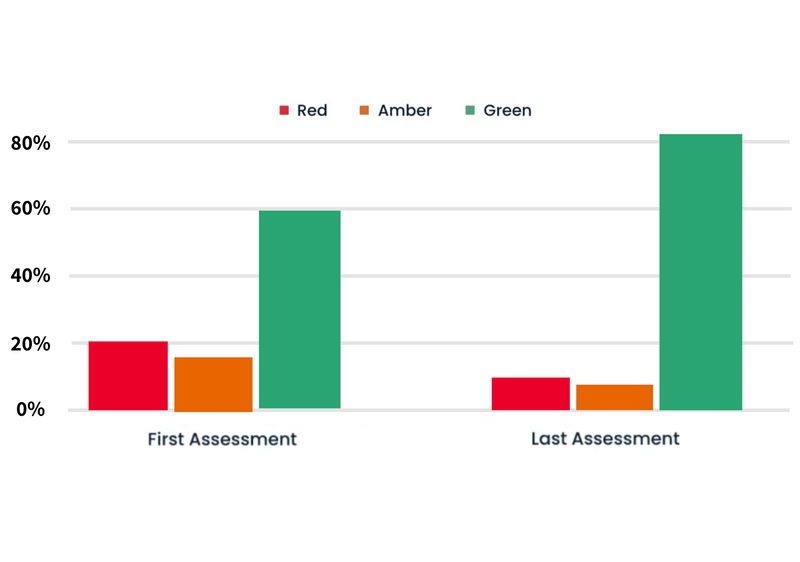
Early Years settings involved in the pilot programme
Early Year settings
continue the programme after the pilot.
Early Nurture Service
Our ambition is to support children aged 2 – 5 to regulate their social, emotional and mental health.
The number of children with mental health concerns across Bath and North East Somerset is increasing year on year.
Our Early Nurture Service is tackling this growing issue by providing support to nurseries and pre-schools so they can identify and assess children experiencing social, emotional and mental health (SEMH) issues. Using an accredited SEMH assessment, children are supported through their Early Year settings and into primary school.
Perinatal and Emotional Wellbeing Partnership
Our ambition is to improve mental health outcomes for vulnerable new mothers.
Becoming a new parent can be challenging and overwhelming. St John’s works alongside local services to care for the mental health of new parents, providing a comprehensive approach to address the emotional wellbeing of those navigating parenthood.
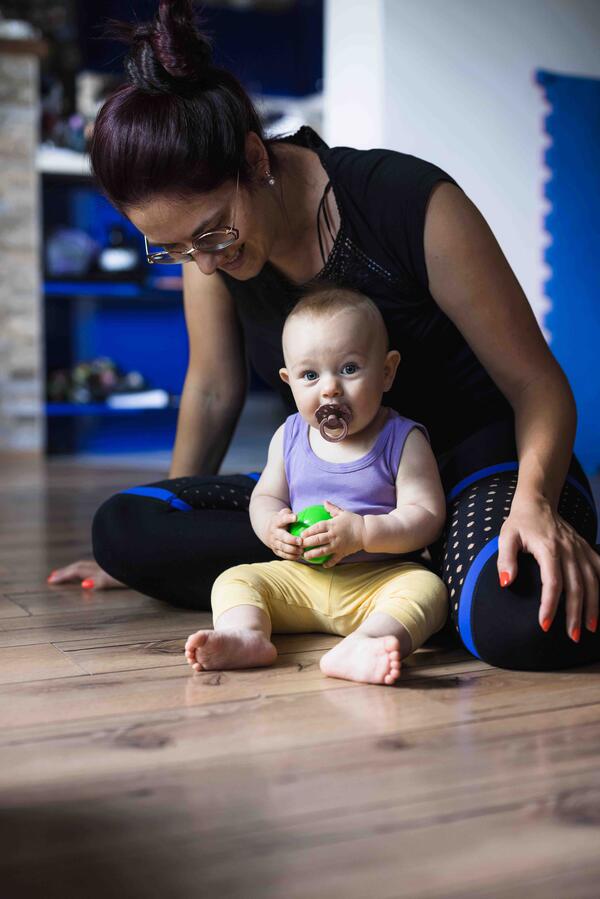
Working with local services to support new parents
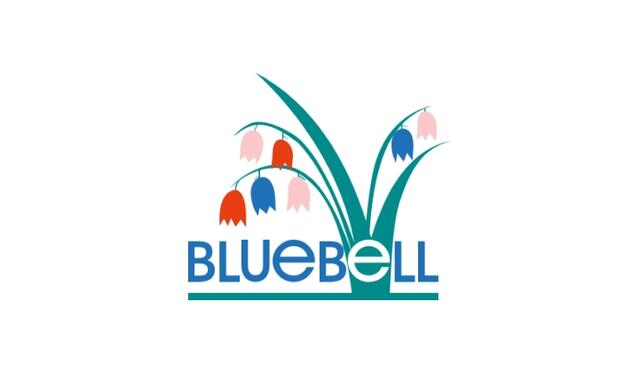
Bluebell delivered perinatal mental health services for new mothers and fathers, as well as one-to-one and small group support.
Testimonials
Our work with
primary school children
Primary Empowerment Programme
Our ambition is to support schools with additional practices that help children with their reading, writing, mathematics and oracy skills, as well as emotional and behavioural support.
Close collaboration with Head Teachers has helped shape the programme, providing tailored support for each school.
We work with seven schools that collectively teach 40% of the most under-served children in Bath and North East Somerset.
Testimonials
“My son is a bundle of creativity and joy, always excited about school. He doesn't have any specific dislikes in school and loves playtime with his friends and learning new things. He loves art and is incredibly crafty and creative. However, when he started school, we noticed some real difficulties he was having, particularly in language-based lessons and specifically around his reading.
Despite his positive attitude towards school, he really struggled with his speech and language. His speech was delayed, and reading was a real challenge for him. As a parent, it was horrible to see him frustrated and struggling when attempting to read.
The speech and language therapist provided by St John's has been incredible. She has been so patient and has boosted his confidence, his phonics and pronunciation have improved significantly. His progress from last year is nothing short of remarkable. The time spent with the speech therapist has made an unbelievable difference.
I can't express enough how happy I am with the change I see in him, and the difference in his development.”
Parent of a child in our Primary Empowerment school
"St John’s helps us realise our vision — that our pupils are ready for life, now and in the future."
Our Primary Empowerment Schools
The interventions used across our seven schools
Our work with
children and families
Nutritious food
Our ambition is to provide access to nutritious food for under-served families.
Every young person has the potential to do well at school. However, a lack of nutritious food can affect brain development. Many families whose children attend the seven Primary Empowerment Programme schools struggle financially but are not eligible for free school meals.
Nationally, there are known to be 1.6 million people living in poverty but not eligible for free school meals. The criteria states children from Year 3 (7 years old) must live in a household that receives income-related benefits, with an annual income (after tax and not including welfare payments) of no higher than £7,400 a year, or £142.30 a week to receive a free school meal.
St John’s funds school meals for children who are not entitled to free school meals so they can have a hot lunch each day.
Our partnerships
St John’s funds a Health Improvement Officer role within Bath and North East Somerset Council. This role focuses on improving local infrastructure support for under-served communities to access nutritious food. This involves supporting the local ‘affordable food club network’, sourcing funding and collaborating with local and national partners.
Our work with FareShare South West
Supporting people
in crisis
Financial insecurity can be brought about by systemic issues, ill health, uncertain employment, or a change in personal circumstances. There are all kinds of reasons that families fall on challenging times.
1 in 5 children in Bath and North East Somerset live in poverty. Our Crisis Programme offers financial help to families struggling to make ends meet. The fund helps with the most essential needs, such as providing white goods, furniture, counselling, and debt support.
Case Study
C was in an abusive relationship. She left the perpetrator and is being supported by Southside. She is a single parent to four children, aged between 5 and 15. When she applied for benefits she was unaware that her housing costs were being paid to her as part of her Universal Credit, and not directly to the landlord, Curo, which resulted in rent arrears building up. St John’s was able to make a payment towards the rent arrears, to avoid any further action or eviction.
families with children under 12 years old were supported in 2024.
went towards families with chilldren under 12 year old in 2023.
